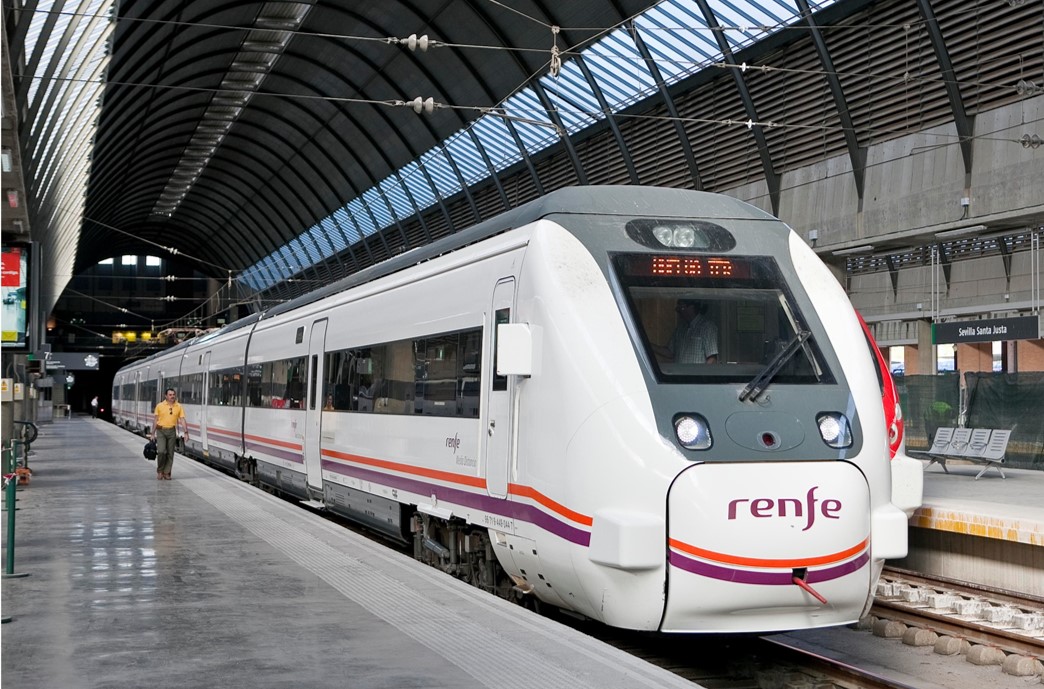A new rail strike in Spain was called on Friday, following those in late November and early December last year.
 This time, 310 train journeys have been cancelled due to a strike by workers from state-owned rail companies Renfe and Adif.
This time, 310 train journeys have been cancelled due to a strike by workers from state-owned rail companies Renfe and Adif.
Renfe and Adif employees, members of the Workers Commissions Union (CCOO), went on a 23-hour strike, starting at midnight, demanding the cancellation of the fixed-term contracts that came into effect in 2016 and the implementation of the 35-hour working week. The Spanish railway workers are also demanding higher wages.
The strike has affected not only high-speed trains in major cities, such as the capital Madrid and the metropolis of Barcelona, but also suburban trains that people frequently use in their daily lives to get to work. While long queues have formed at some stations, Madrid’s Transport Ministry has announced that at least 73% of high-speed trains, 65% of medium-distance trains and 25% of freight trains should be guaranteed to run.
Repeated rail strike in Spain
On 24 and 30 November and 1, 4 and 5 December 2023, there were further strikes on Spanish railways, with more than 1,500 trains cancelled.
At the time, Spanish railwaymen took this strike action in protest at the Madrid government’s intention to transfer the Rodales suburban trains to Catalonia, following the pact signed by Pedro Sánchez’s ruling Socialist Party with Catalan separatists. The trade unionists complained about a lack of detailed information in the pact with Catalan separatists, which does not specify how the deal will affect Renfe and Adif employees. The agreement signed by the PSOE with Catalan Republicans from the ERC provides for the transfer of the track, trains, railway stations and operations to Rodales. Employees only know that a new state company will be created to manage railway operations in Catalonia, which the Spanish state and the regional authority Generalitat will control, with the latter holding a majority of the shares.
In return for supporting the re-election of Pedro Sánchez as head of the Spanish government, separatist MPs won the management of peri-urban trains, while Rodalies de Catalunya was operated by Renfe for rolling stock and Adif for infrastructure. In a first phase, the region will take over the maintenance and operation of lines R1, R2 and R3. Afterwards, there is a possibility that other lines will be transferred.
Share on:



